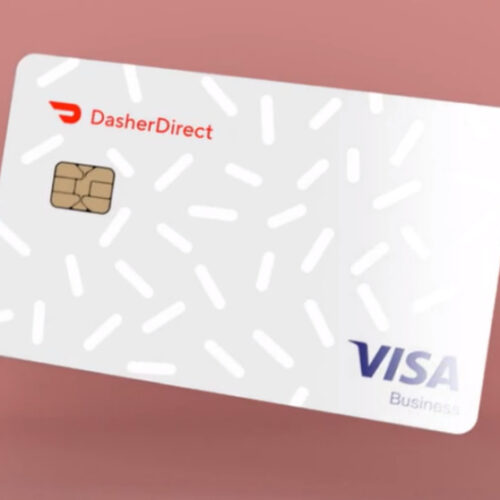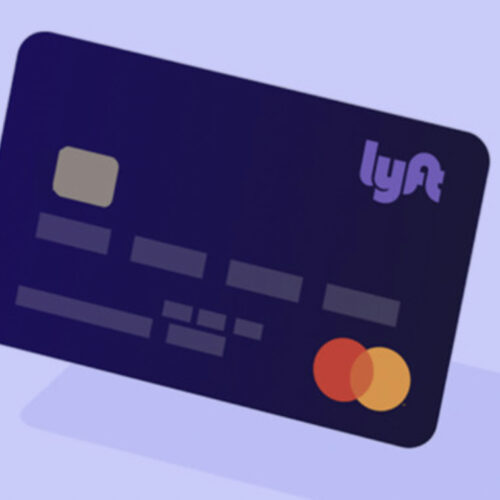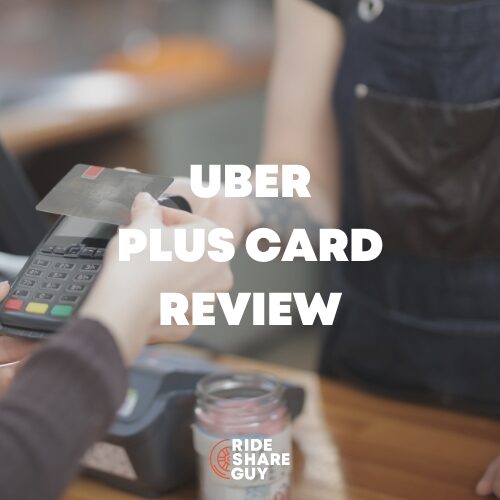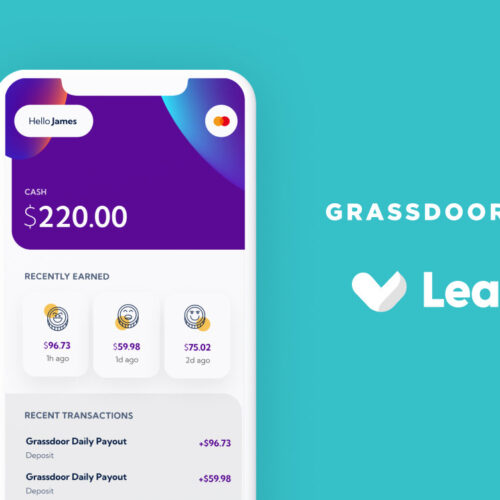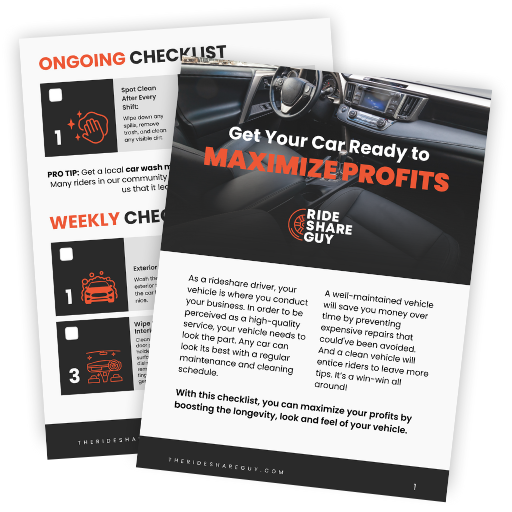This is the third article of a six part series on setting up your rideshare business. Last time, we explained why it’s important to set up a business checking account. Today, we’ll cover business credit cards and give you some tips for applying for your first business card.
If you liked this course, we’ve got another one over at MaximumRidesharingProfits.com. If you’ve found that your income has been decreasing lately with the influx of more and more drivers, we have released all of our top money making strategies in this course. We’ll help you work smarter AND earn more money!
If you’re ready to compare credit card options, discover the best business gas credit cards and best business credit cards in general
Day 1 – Should You Form An LLC For Your New Rideshare Business?
Day 2 – Setting Up Your Rideshare Business Checking Account
Day 3 – Applying For Your First Rideshare Business Credit Card
Day 4 – What’s The Best Way To Track Your Income & Expenses?
Day 5 – What Are The Best Apps To Track Your Mileage?
Day 6 – Everything You Need To Know About Rideshare Taxes
Business and Gas Credit Cards
Once you’ve settled on a business entity and opened up a separate checking account, the next thing you’ll want to look into is a business credit card. Now most of you probably have never opened a business credit card before but the process is nearly identical to that of a personal card. But before we get into the specifics, let’s go over why you would want a separate business credit card.
Similar to the business checking account, a business credit card is going to vastly simplify your life because it separates your business expenses from your personal ones. If you’re ever audited, it will also be important to show that you’re not co-mingling any of your personal and business expenses. If you opt for an LLC, it’s actually a requirement that you don’t do any business spending on your personal cards and vice versa.
Now one problem that you may run into when applying for a business credit card is that banks often require you to secure the card with your personal credit history. So that means that if you are going to apply for a business credit card, you are going to need a solid credit score. Most business cards require good credit (700+) and it helps to have history with your business. You can try applying for a business credit card using your business’ credit history but that can be very difficult. And unless you plan on needing a business credit history (for expanding in the future with a bank loan for example) there’s no real reason to go this route.
Business credit card applications are much different than business checking accounts though because the banks are potentially on the hook for however much they give you a credit line for. So that’s why you can get approved pretty easily for a business checking account but with a business credit card, there are a lot more hoops that you’ll have to jump through.
Debit Card As A Business Credit Card
If your credit isn’t that great, you can always opt for using your business checking account’s debit card as your ‘business credit card’. That would allow you to keep your business expenses separate from your personal ones and make it easy to pay by card whenever you need to. You won’t get any type of rewards with a debit card though and you also won’t be afforded any of the credit card protection perks that most personal and business cards offer.
Open A Second Personal Credit Card As A Business Card
Alternatively, you can also use our second account trick from Day 2 and open a separate personal credit card that you would then use solely for your business purchases. So if you can’t get a business card or don’t want to deal with the hassle, this is probably your next best bet. There are plenty of good no annual fee cards too that will earn you rewards on every purchase and may even give you a little sign-up bonus. All of the top card issuers offer entry level cards for consumers with no annual fee and these cards also don’t require super high credit scores.
The important thing to keep in mind here is that the designation of ‘business credit card’ doesn’t matter so much as actually separating your business expenses from your personal ones. You can really use any type of card (debit, personal, or business) as your business credit card as long as you only put your business purchases on it.
Applying For An Actual Business Credit Card
There is a wide variety of business cards to choose from but I generally like to opt for cards with low or no annual fees and high category spending bonuses. So for example, if you spend a lot of money on gas, it would be nice to find a card that gives 2-3x points on all purchases at gas stations.
What Should I Put On My Card?
According to the IRS, anything that is an ordinary and necessary expense for your business can be deducted on your taxes. So with that in mind, any time you make a purchase for your business that is ordinary and necessary, you’ll want to put it on your business credit card. This ensures that should the IRS contact you about any of your business expenses, you won’t have to dig through a bunch of other personal transactions to prove it was a legitimate business expense.
(Note: Just make sure that if it is a shared expense like a cell phone, you allocate the correct % of business use. So if you use your cell phone 50% of the time for personal use and 50% for business use, you would still pay for it with your business credit card but then afterwards you need to go in and allocate only 50% of the cost to business use – which will be discussed more in day 4 of the course)
I also like this method since it allows me to quickly see how much I’m spending on things like car washes, mints/gum, water, etc. Now where it gets tricky though is with expenses that fall under the standard mileage rate. You can put things like oil changes, cost of gas, maintenance/repairs on your business credit card but if you opt for the standard mileage rate deduction at the end of the year, you won’t be able to count any of those expenses as deductions.
Most drivers will be better off going with the standard mileage rate though so in that case you may not want to put any of your car-related expenses (that fall under the standard mileage rate) on your business credit card.
It might seem like a bit of a hassle to set up and manage your expenses with a business credit card but remember, it’s important to show the IRS that you are a serious businessperson. And it especially comes into play if the IRS determines your business is a hobby and decides to eliminate some of your deductions.
So what are the best credit cards for new uber drivers?
Best Gas Credit Cards for Rideshare & Delivery Drivers
Gas is a rideshare drivers’ number one expense so it makes sense that you own a great gas Uber credit card. Fortunately, there are some great options for drivers and if you have any questions don’t hesitate to reach out to me.
Compare the top credit cards to save on gas and EV charging
Best Credit Cards In General for Rideshare & Delivery Drivers
There is a wide array of personal and business Uber credit cards to choose from but many offer enticing sign-up bonuses and points or cash back with each and every purchase. If you’re already spending a lot of money on your card, it might be time to take a look at some of the latest and greatest offers.
Compare the top credit cards for rideshare and delivery drivers
Uber Visa Credit Card
A popular option with drivers is the Uber credit card by VISA.
You can sign up for the Uber VISA here: https://www.uber.com/c/uber-credit-card/
It’s not the best card in the world for cash back on gas purchases but if you eat out a lot it has pretty good benefits!
If you’d like to use one of our affiliate links to apply for a new credit card, we will receive a small commission if you’re approved. We have a list here of all the top personal and business credit cards.
Did you like this article? If you’re ready to continue your education and want to start maximizing your profits today, join hundreds of other drivers who have signed up for our first of its kind video training series on Maximum Ridesharing Profits!
In the course, you’ll learn all about getting started with Uber and Lyft, how to maintain a 5 star rating and lots of strategies for finding more surge rides and maximizing your profits as a rideshare driver!
-Harry @ RSG
PS – Next time, we’ll tell you all about the best resources out there for tracking income and expenses. We all want to know exactly how much we’re making so next week’s lesson will be super important

